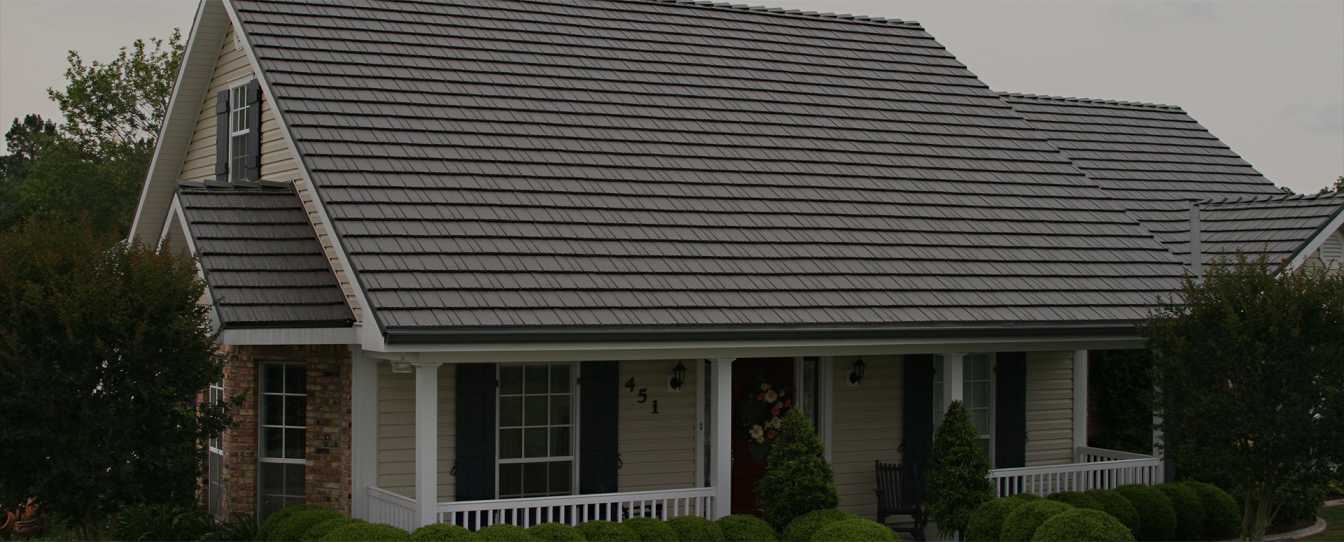New Jersey homeowners face unique challenges when it comes to maintaining their roofs. From harsh winters to intense summer storms, New Jersey weather can take a toll on even the sturdiest roofs. In this article, we’ll explore some of New Jersey residents’ most common roofing problems and provide tips on preventing and addressing these issues.
1. Ice Dams
Ice dams occur when ice builds up on the roof’s edge, preventing melting snow from draining properly. This can cause water to back up under the shingles and leak into the home. Ice dams are a common problem in New Jersey, where winter temperatures often fluctuate above and below freezing.
Prevention
- Ensure proper attic insulation and ventilation to prevent heat from escaping and melting snow on the roof.
- Clean gutters regularly to prevent ice buildup.
- Install heating cables to melt ice and snow buildup along the roof’s edge.
Addressing Ice Dams
If you suspect an ice dam has formed on your roof, promptly addressing the issue is essential. A roofing professional can use steam to melt the ice dam and prevent further damage to your roof and home.
2. Leaks
Leaks are a common problem in any roof, but they can be especially prevalent in New Jersey due to extreme weather conditions. Various factors, including aging roofs, damaged shingles, and clogged gutters, can cause leaks.
Prevention
- Regularly inspect your roof for signs of damage, such as missing or damaged shingles.
- Clean gutters and downspouts regularly to prevent water backup.
- Remove debris from the roof, including leaves, branches, and other materials that can trap moisture.
Addressing Leaks
If you notice a leak in your roof, it’s essential to address the issue promptly to prevent further damage to your home. A roofing professional can assess the damage and recommend the best course of action, which may include repairing or replacing the damaged area of the roof.
3. Hail Damage
Hailstorms can cause significant damage to roofs in New Jersey, especially those made of asphalt shingles. Hail can cause dents, cracks, and other types of roof surface damage, leading to leaks and other problems.
Prevention
Preventing hail damage is difficult, but there are some steps homeowners can take to minimize the risk of damage. Consider installing impact-resistant shingles or a metal roof, which is less likely to be damaged by hail.
Addressing Hail Damage
If your roof has been damaged by hail, it’s essential to address it promptly. A roofing professional can assess the damage and recommend the best course of action, which may include repairing or replacing the damaged area of the roof.
4. Wind Damage
Wind damage is a common problem in New Jersey, especially during the hurricane season. High winds can cause shingles to lift, break, or dislodge, leaving the roof vulnerable to leaks and other problems.
Prevention
Consider installing wind-resistant shingles or a metal roof, which is less likely to be damaged by high winds. Regularly inspect your roof for signs of damage and make necessary repairs promptly.
Addressing Wind Damage
If your roof has been damaged by wind, it’s essential to address it promptly. A roofing professional can assess the damage and recommend the best course of action, which may include repairing or replacing the damaged area of the roof.
5. Poor Installation
Poor installation can lead to various roofing problems, including leaks, shingle damage, and structural issues. Choosing a reputable roofing contractor with experience and a proven track record of quality workmanship is essential.
Prevention
Do your research when choosing a roofing contractor. Look for reviews and testimonials from previous customers, and ask for references. Choose a contractor who is licensed and insured and who has experience with the type of roofing material used on your home.
Addressing Poor Installation
If you suspect your roof was installed improperly, it’s important to address the issue promptly. A roofing professional can assess the installation and recommend the best action, including repairing or replacing the entire roof.
FAQs
What are the signs of a damaged roof?
Signs of a damaged roof include missing or damaged shingles, leaks, cracks, and dents. If you notice any of these issues, it’s essential to have your roof inspected by a professional.
How often should I have my roof inspected?
You should have your roof inspected at least once a year and after any significant weather event, such as a hurricane or hailstorm.
What should I do if I notice a leak in my roof?
If you notice a leak in your roof, it’s important to address the issue promptly. Contact a roofing professional to assess the damage and recommend the best action.
Can I repair my roof myself?
Experienced professionals should only attempt roof repairs. DIY repairs can be dangerous and may result in further damage to your roof or injury to yourself.

